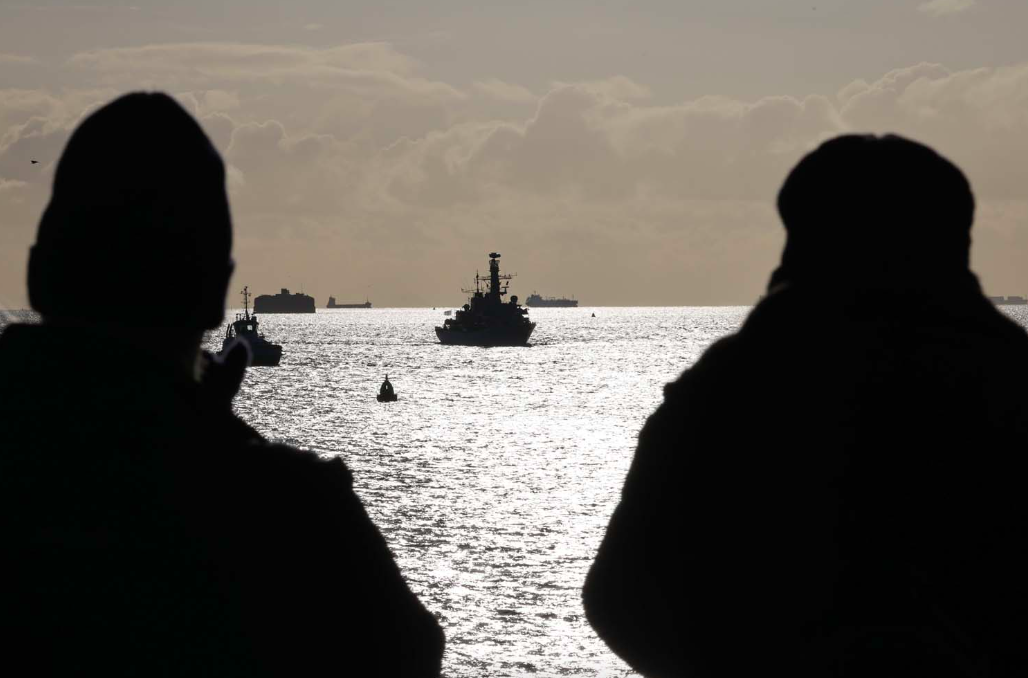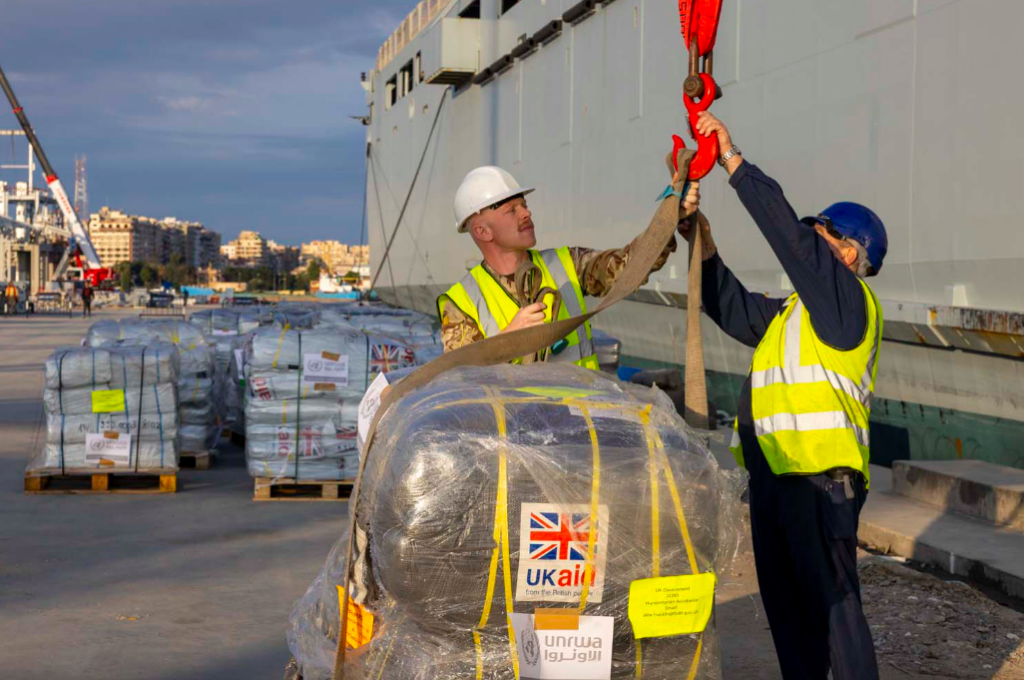
Les navires de guerre britanniques « tombent comme des mouches » et deux autres sont mis hors service

L'ancien chef de la Royal Navy, l'amiral Lord West, aurait déclaré que les navires de guerre britanniques « tombaient comme des mouches ». Apparemment, il a déclaré aux médias que le Royaume-Uni avait besoin d'une flotte de surface beaucoup plus importante, car la Royal Navy est actuellement limitée dans ce qu'elle est capable de réaliser.
Cela survient alors qu'une grave pénurie de marins oblige la Royal Navy à mettre hors service deux de ses navires de guerre en raison du manque de personnel, selon The Telegraph . Afin d'équiper de nouvelles frégates, le HMS Westminster (photo ci-dessus), récemment rénové pour un coût d'environ 100 millions de livres sterling, et le HMS Argyll seraient mis hors service cette année.
La mise hors service du HMS Westminster est controversée car il a subi des réparations coûteuses en 2017 et n'a été remis en service que récemment, rapporte le Daily Mail .
Des sources de Whitehall citées dans le Daily Telegraph affirment que la mise à la retraite des navires plus anciens afin que la Royal Navy puisse fonctionner comme une force de combat moderne et de haute technologie est justifiable. « C'est toujours une source d'émotion lorsque des navires ayant une longue histoire arrivent à la fin de leur vie active. Mais le démantèlement est la bonne décision », affirme l’un d’eux. « Les nouvelles frégates de type 26 seront en service avant que ces navires puissent être réaménagés. »
Sky News a rapporté que la Royal Navy avait subi une grave baisse du recrutement, l'une de ses sources décrivant la situation comme un « effondrement général » du flux de nouvelles recrues dans le service (juillet 2023). Les problèmes de recrutement auraient été déclenchés par ce que les sources de la défense de Sky ont décrit comme une « tempête parfaite » de facteurs négatifs. Ces facteurs comprenaient une pénurie allant jusqu'à 35 pour cent de personnel de recrutement dans certaines régions du Royaume-Uni, des problèmes présumés dans les efforts internes visant à utiliser l'analyse des données pour faciliter le recrutement, un échec plus large du gouvernement à garantir que les salaires des forces armées suivent l'inflation. et une mauvaise rétention, les sorties dépassant les entrées.
La Royal Navy a bénéficié d'une augmentation de 30 pour cent des demandes de recrutement en raison de Covid-19 . Alors que les choix de vie des jeunes adultes se rétrécissent partout dans le monde, que les voyages sont réduits et que les opportunités d’emploi diminuent, les employeurs stables avec un air de certitude semblent plus attrayants. Mais cela n’a pas suffi à mettre fin à ce qui est décrit comme « un gel mal avisé du recrutement naval » dans les années 1990. Cela a conduit à un « trou noir » de 7 % de la main-d'œuvre qui a eu de graves conséquences sur la Royal Navy pendant des années, explique Navyloo Kout. Les raisons peuvent être différentes, mais un autre trou noir en matière de personnel est en train de se créer. Il n’existe aucun programme d’équipement, aucun déploiement ou effet qui puisse être réalisé par la marine sans personnel formé et expérimenté. Même la flotte la plus automatisée du futur dépendra toujours du nombre et de la qualité de ses marins et de ses marines.
Entre juillet 2022 et juillet 2023, les effectifs de la Royal Navy ont diminué de 4,1 pour cent (1 640 personnes de plus que celles recrutées). L'écart entre le nombre de démissions et l'arrivée de nouveaux marins continue de se creuser et si l'on laisse les chiffres diminuer de 4 pour cent ou plus par an, la Royal Navy sera rapidement incapable de respecter même ses engagements fondamentaux, explique Navylookout.
Un porte-parole de la Royal Navy a déclaré au Daily Mail : « Les besoins opérationnels de la Royal Navy sont constamment examinés.
« Le ministère de la Défense s’engage à garantir que la Royal Navy dispose des capacités dont elle a besoin pour répondre aux besoins opérationnels actuels et futurs. »
Plus tôt cette semaine, la Royal Navy a annoncé avoir livré plus de 80 tonnes de matériel humanitaireune aide pour Gaza au nom du Royaume-Uni. Le navire auxiliaire de la Royal Fleet RFA Lyme Bay (photo ci-dessous) a livré plus de 300 palettes d'aide britannique ainsi que des fournitures médicales au nom de la République de Chypre à Port-Saïd, en Égypte.
L'aide consistait en près de 5 000 kits d'abris et près de 11 000 couvertures.
« Les forces armées du Royaume-Uni sont fières de leur histoire en matière de fourniture d'aide humanitaire dans le monde entier, et le Groupe de réponse du Littoral (Sud) a été, à juste titre, réaffecté à la Méditerranée orientale pour fournir au gouvernement britannique la capacité de fournir de l'aide à Gaza. » » déclare le commandant du groupe opérationnel, le commandant Sam Stephens.

Les navires de guerre britanniques « tombent comme des mouches », alors que deux autres sont mis hors service, apparaît en premier sur Marine Industry News .
